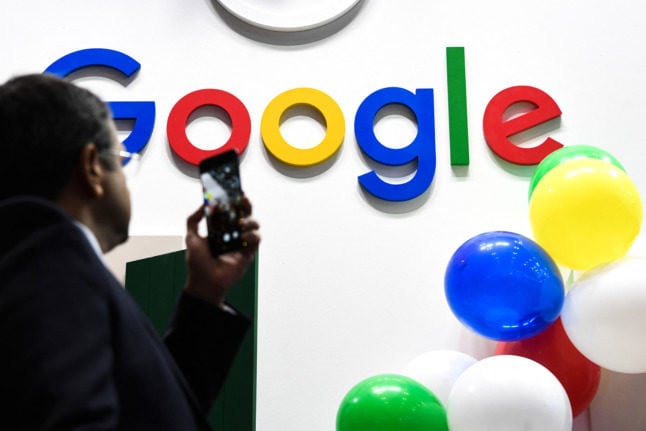Google on Wednesday said it is appealing a decision by France’s competition watchdog to hand it a €500m fine in a row with news outlets over the use of their content under EU copyright rules.
“We disagree with some of the legal elements, and consider the amount of the fine to be disproportionate compared to the efforts we have put in place to reach a deal and respect the new law,” Sebastien Missoffe, head of Google France, said in a statement.
The fine, issued by the French Competition Authority in July, was the biggest in the agency’s history for a failure to comply with one of its rulings.

The watchdog said Google had failed to negotiate “in good faith” with media companies in a long-running legal battle over the internet giant’s use of snippets of articles, photos and videos in search results.
The row has centred on claims that Google has used this content in its search results without adequate compensation, despite the seismic shift of global advertising revenues towards the search giant over the past two decades.
In April last year, the French competition authority ordered Google to negotiate “in good faith” with media groups after it refused to comply with a 2019 European Union law governing digital copyright.
The so-called “neighbouring rights” aim to ensure that news publishers are compensated when their work is shown on websites, search engines and social media platforms.
Last September, French news publishers including Agence France-Presse (AFP) filed a complaint with regulators, saying Google was refusing to move forward on paying to display content in web searches.
While Google insists it has made progress, the French regulator said the company’s behaviour “indicates a deliberate, elaborate and systematic lack of respect” for its order to negotiate in good faith.
The Competition Authority rebuked Google for failing to “have a specific discussion” with media companies about neighbouring rights during negotiations over its Google Showcase news service, which launched late last year.
Missoffe insisted Wednesday that Google “recognises neighbouring rights, and we remain committed to signing agreements in France”.
“We have extended our offers to nearly 1,200 publishers and modified aspects of our contracts,” he said, adding that the company has “shared data demanded of us in order to conform to the Competition Authority’s decision”.



 Please whitelist us to continue reading.
Please whitelist us to continue reading.
Member comments